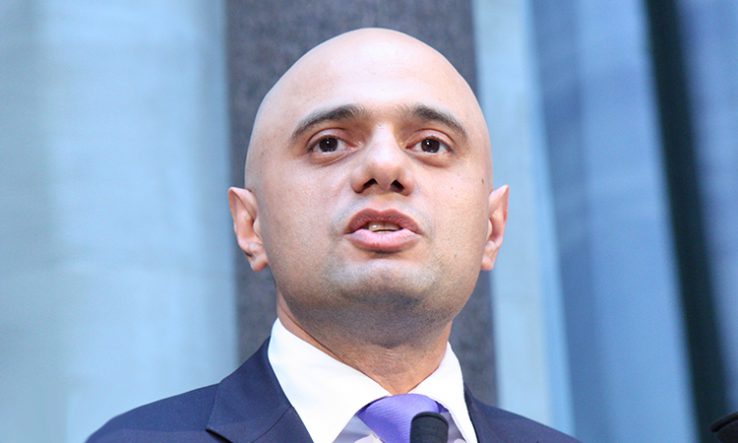
Image: Foreign and Commonwealth Office [Open Government Licence], via Wikimedia Commons
Head of Oxford pandemic centre says new health secretary should ensure long-term funding
The head of the University of Oxford’s planned £500 million Pandemic Sciences Centre has called on the health secretary to help provide long-term funding to prevent future pandemics.
Peter Horby, a professor at the university, told the BBC’s Andrew Marr Show that the issue should be top of the to-do list for Sajid Javid, who replaced Matt Hancock as health secretary after Hancock resigned for breaking his own social-distancing guidelines.
Asked by Marr what Javid needs to do to prevent future pandemics, Horby said “investing very intensively” in order to track the emergence of new viruses globally.
“We have to work with partners from across the entire globe because we don’t know where and when the next potential pandemic virus will emerge—but undoubtedly it will,” he said.
“And we’ve seen the enormous socio-economic impact of this pandemic, and so it’s really worthwhile investing very intensively for the next 20-30 years to make sure we really don’t have to experience this again.”
Javid’s new health brief
Javid comes to the health brief with experience across several government departments, including as chancellor and home secretary.
The health department could not immediately say if their R&D and innovation priorities will change under the new boss, instead directing Research Professional News to a short broadcast clip in which Javid told the media his priority will be seeing the pandemic comes to an end “as quickly as possible”.
Pandemic Sciences Centre
Horby is leading the development of Oxford’s Pandemic Sciences Centre to harness the university’s global research collaborations in the area.
The university said the coming months will see “significant activity” to support the centre’s development as it seeks to secure £500 million in investment for the project.
The centre will comprise a number of core institutes working to better prepare for and counter future pandemic threats. According to the university, the centre will generate and share data globally in near real time, translate research results into products, and strengthen societal and political engagement, resilience, and responsiveness.
“The Covid-19 pandemic has shown us that spectacular advances are possible through an alliance of science, the public sector and industry—creating digital disease control tools, diagnostic tests, and life-saving treatments and vaccines at unprecedented speed,” Horby said on 28 May when announcing the centre.
“But it should not take a pandemic to make this happen. This level of innovation and multi-sectoral collaboration must be applied, day in and day out, to prevent another catastrophe like Covid-19.”